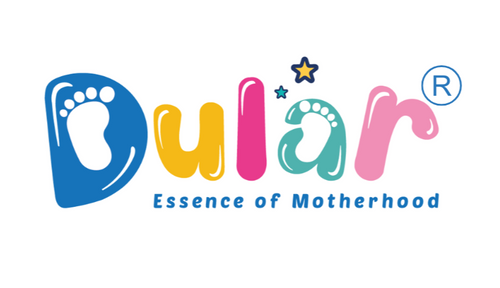After giving birth, it's crucial for new mothers to nourish their bodies to recover and support breastfeeding. Here's a breakdown of key dietary considerations:
Nutritional Needs:
Calories : Breastfeeding increases calorie needs. Aim for an extra 500-700 calories per day on top of your pre-pregnancy intake.
Protein : Essential for milk production, tissue repair, and energy. Include lean meats, poultry, fish, beans, lentils, eggs, and dairy in your meals.
Calcium : Strong bones for both you and your baby. Dairy products, leafy greens, and fortified foods are good sources.
Iron : Replenish iron stores depleted during pregnancy and childbirth. Include iron-rich foods like red meat, poultry, fish, spinach, and fortified cereals.
Healthy Eating Tips:
Focus on Whole Foods : Prioritize fruits, vegetables, whole grains, lean proteins, and healthy fats.
Listen to Your Body : Eat when you're hungry and stop when you're satisfied.
Small, Frequent Meals: May be easier to manage than three large meals, especially in the initial weeks.
Involve Your Partner : Ask for help with meal preparation and grocery shopping.
Seek Support : Consult a registered dietitian or lactation consultant for personalized guidance.
Foods to Avoid:
Excessive Caffeine : Limit caffeine intake as it can pass into breast milk and affect your baby's sleep.
Alcohol : Avoid alcohol completely while breastfeeding.
Undercooked Foods : Avoid raw or undercooked fish, meat, and eggs to reduce the risk of foodborne illness.
Limit Processed Foods : Cut back on sugary drinks, fast food, and processed snacks.
Remember:
Every woman's nutritional needs are unique. Consult your doctor or a healthcare professional for personalized advice.
This information is for general guidance and should not replace professional medical advice.
By following these tips and prioritizing nutritious foods, you can support your body's recovery and provide the best possible nourishment for your baby.
